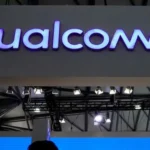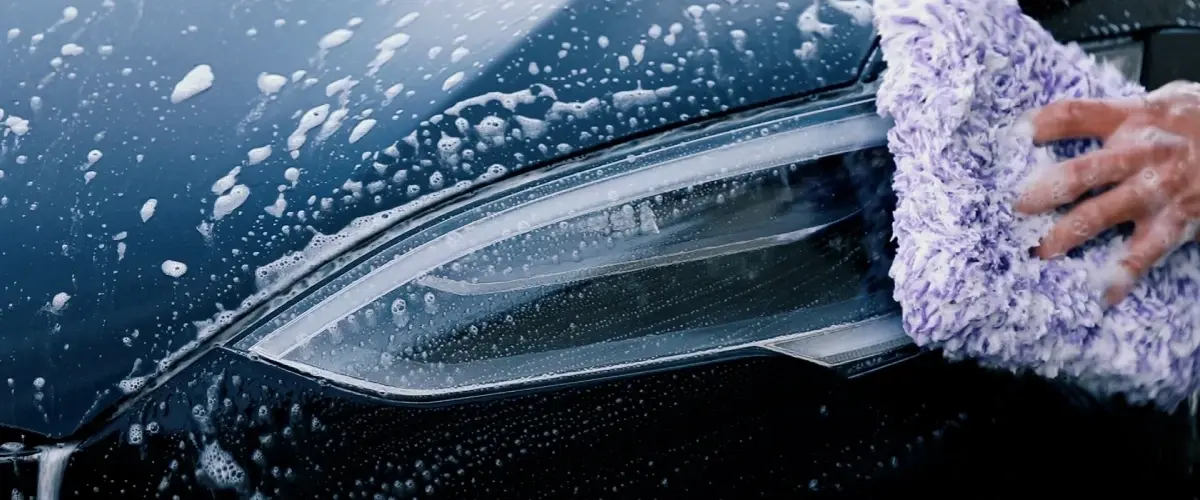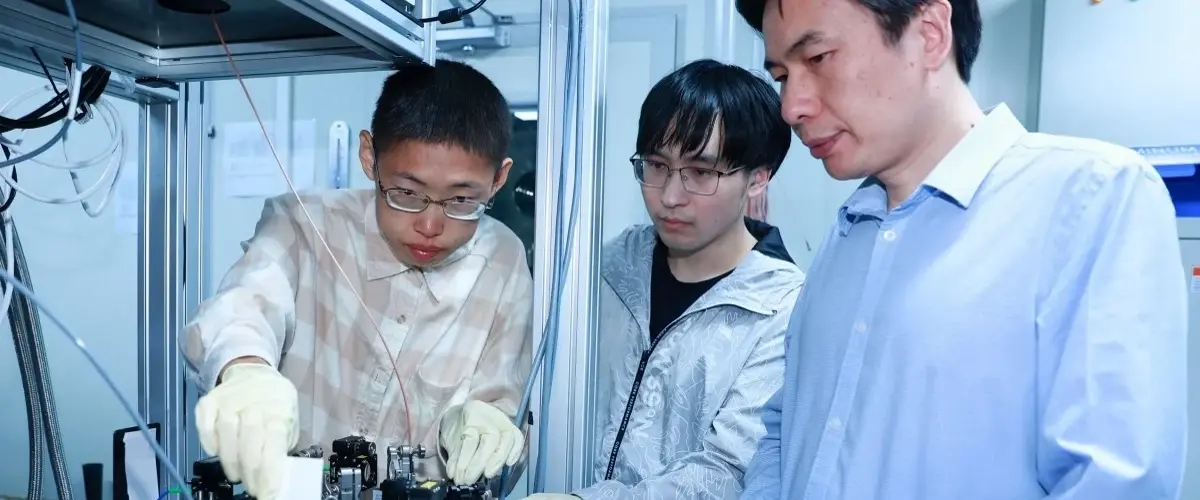The test was conducted on a prototype of the Polestar 5 car equipped with a new 77 kWh battery. The charging speed during the test started at 310 kW and increased to over 370 kW by the end. The project aimed to validate the experimental concept of the Extreme Fast Charging (XFC) battery technology from the Israeli startup StoreDot. This is the world’s first demonstration of this technology on a drivable car, unlike previous laboratory tests on individual battery cells.
StoreDot’s technology boasts an energy density equivalent to NMC cells but utilizes silicon-dominant elements. This means that the batteries do not require a special cooling system. Experimental modules enhance mechanical properties and cooling capability while maintaining or reducing weight. Moreover, in developing batteries using the XFC technology, paramount attention is given to recyclability and serviceability.
Modern graphite-based anodes have reached theoretical performance limits, limiting further development. In contrast, the XFC technology utilizes silicon-based anodes, opening up possibilities for significantly increasing energy density and charging speed of batteries over several generations.
Polestar’s trials demonstrated that StoreDot’s technology is compatible with existing DC fast-charging infrastructure of 350 kW and above. Additionally, tests confirm that StoreDot’s solution can be integrated with existing vehicles.
The Polestar 5, a four-door model set to be released in 2025, is expected to have a length of around 4.7 meters and a wheelbase of over 3 meters. Currently, the plan is for the Polestar 5 to be equipped with batteries from the South Korean manufacturer SK On, with production taking place in China. It remains unclear whether StoreDot’s XFC technology will be used in the production version of the vehicle. Polestar representatives note that the technology could significantly reduce charging times, addressing one of the main challenges of electric vehicle operation.











